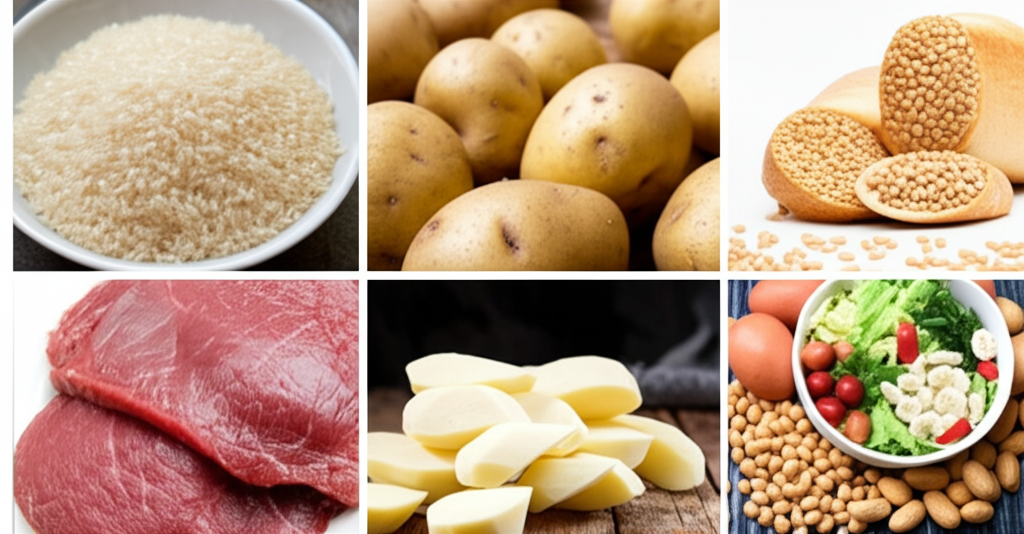Insulin resistance is a condition where the body’s cells don’t respond well to insulin. Insulin, a hormone produced by the pancreas, is crucial for allowing glucose (blood sugar) to enter cells and be used for energy. When someone develops insulin resistance, their cells become less responsive to insulin’s signal, making it difficult for glucose to enter the cells.
Each cell has thousands of insulin receptors on its surface, acting like antennas that receive the insulin signal and trigger the opening of glucose pathways. However, when there’s an excess of insulin in the bloodstream, these cells protect themselves by reducing the number of receptors. This desensitization means that even with high levels of insulin, the signal is not effectively transmitted, glucose can’t enter, and the blood sugar rises.
To combat insulin resistance, a strategic approach is needed.
One key strategy involves adopting a 3×1 diet, which categorizes foods into “A” (those that are friendly to diabetes control and weight loss) and “E” (those that are enemies of diabetes control and promote weight gain). “A” foods include lean proteins, vegetables, and healthy fats, while “E” foods consist of refined carbohydrates, sugars, and processed items. By prioritizing “A” foods and limiting “E” foods, one can reduce the amount of glucose and insulin needed.
Magnesium is also vital for combting insulin resistance. It is a mineral that helps rebuild receptors. People who are deficient in magnesium can easily break receptors. Supplementing with potasium and drinking water is also important in improving insulin resistance.
Addressing candida overgrowth is crucial. Excessive candida can release toxins that promote resistance. Finally, incorporating vegetable juices can expedite this process. These juices provide essential nutrients and support detoxification, further improving insulin sensitivity.



